

James Wong
2026 Audi Q5 review: Quick drive
6 Days Ago
Here's what you need to know about getting around with squeaky brakes. Turns out, sometimes they're more than just annoying.

Senior Contributor
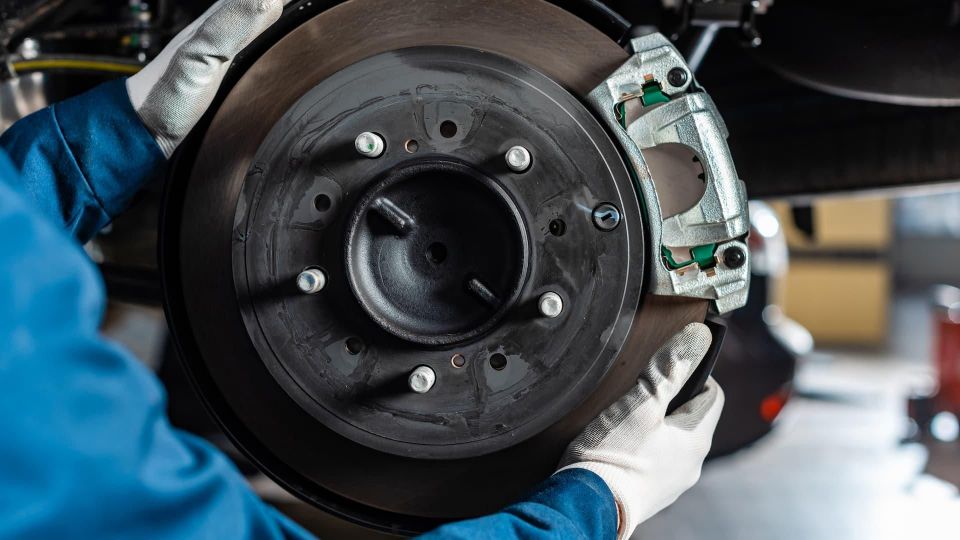

Senior Contributor
Squeaky brakes are a pretty common problem in cars, and the causes for the issue are varied.
However, you should know that while it’s not illegal for your car to have squeaky brakes, the reason they’re squeaking could get you in trouble.
Here’s a bit of an explainer on disc brakes: the brake pad will clamp against the brake disc – the disc spins inside the wheel, as it’s part of the wheel hub assembly. Every time the wheel does a rotation, your brake disc will, too.
The brake pad assembly stays in one spot, but when you apply the brakes, the brake pad will contact onto the disc and bring you to a halt using friction.
The other type of brake – commonly used for rear brakes on utes – is drum brakes. These have an enclosed drum cylinder, hence the name, that spins with the wheel hub.
Inside, there are “shoes” that are controlled by pistons, and when you push on the brake pedal, the shoes are actuated outwards, pushing against the drum to create friction, and slowing the car down.
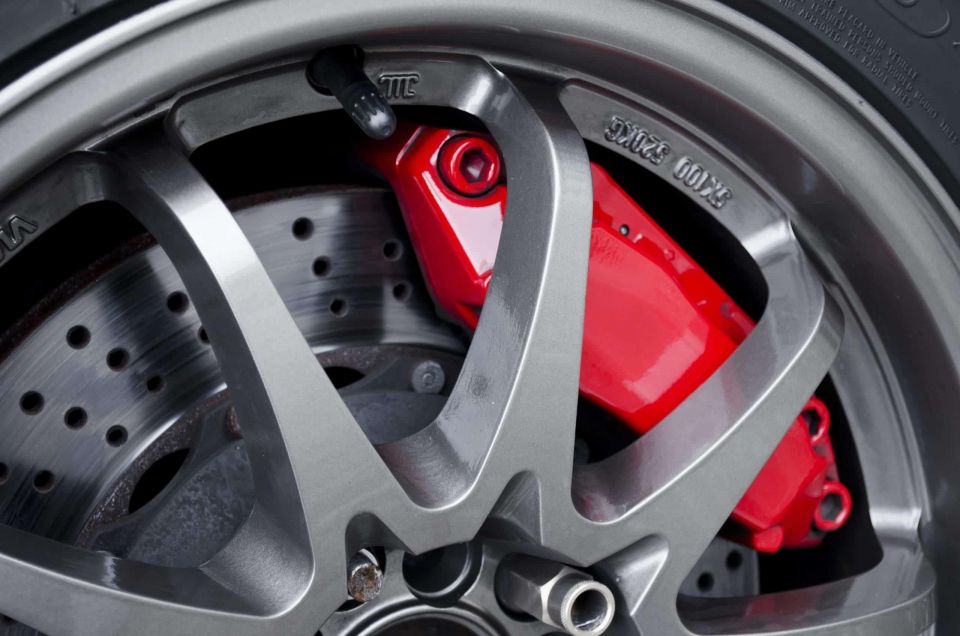
You can imagine these processes will, at times, lead to uneven wear, and if you don’t replace or maintain your brake pads or shoes you’ll limit your ability to slow or stop your car.
In some instances, you’ll hear the giveaway squeaky brake noise (it’s a very irritating metallic high-pitched sound), and you’ll feel the lack of “bite” through the pedal, too.
It could be that your brake pads are worn out, and what you’re hearing is the sound of metal on metal. That’s because the brake pad is a replaceable item – they’re designed to degrade over time, because the pad is made of a material designed for friction. If the lining at the bottom of the friction pad comes loose, then you’ll likely hear squeaking. Other ways you might notice this is through a grinding noise, or vibration and wobbling under braking.
There are other causes for squealing or squeaking. Sometimes you might get a stone, rock, twig or other foreign object caught in between the disc and the pad, which can cause a ruckus.
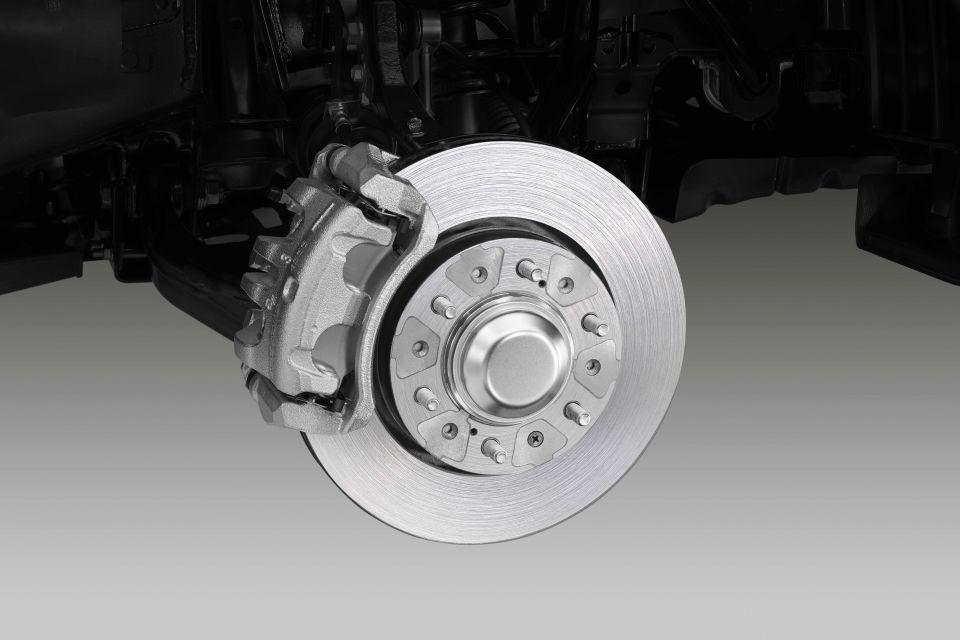
Moisture can also cause your brakes to squeak. If the car has been parked outside and there’s been rain, humidity, snow or anything else that might cause moisture to settle on the brakes, you might notice that, at times, your brakes can look rusty, almost overnight.
That’s partly to do with moisture settling on the brakes – normally, if you just drive your car (it might squeak and squeal under braking for a little while), the rust will be worn away.
And if you happen to be pretty hard on the brakes – as in, you aren’t gentle in your application of the brake pedal – it can lead to a glazed surface of the brakes, particularly if you do hard braking at higher speeds, or if you ride your brakes excessively downhill.
Excess heat can cause this glazing to occur, and it could mean you’ll be due for a new set of pads, as the brake performance will be impacted.
The brake pad material can also affect whether your brakes sound squeaky or not. Most cars run semi-metallic brake pads, but they can be squeaky, especially when new.
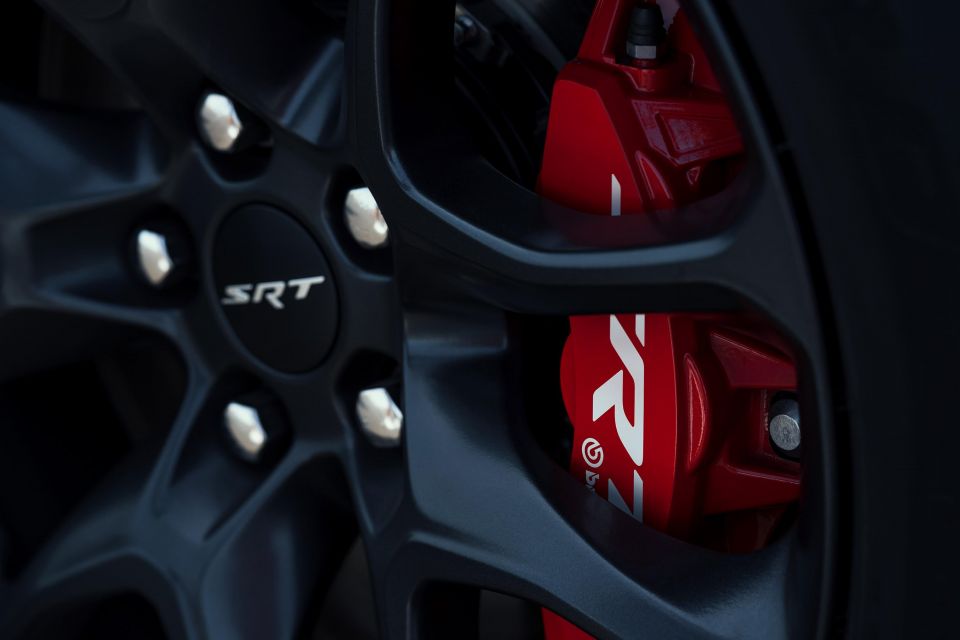
If you don’t want squeaks but can handle excessive brake dust (you might notice this on European cars, primarily), then organic brake pads might be your best bet – they are softer, wear quicker, and there’s often a fair amount of residue left on the wheels.
The most commonly recommended brake pads for most cars are ceramic pads, which are said to offer quieter braking and longer lifespans, but they do cost more.
Finally, if your drum brake shoes are squeaking, it could be due to a lack of lubrication at the contact points where the shoes touch the drum, or because of a build-up of dust inside the brake drum.
It’s not illegal to drive with squeaky brakes, but it could be a roadworthiness concern. If you are due for a new roadworthy certificate or if your car’s registration is due, brakes are one of the things that could require repairs, as they’re one of the most important parts of your car.
Often you might be told that you need to replace both the brake pads and the brake discs. This can be due to the fact that the discs are damaged (warped, pitted, grooved, scratched).
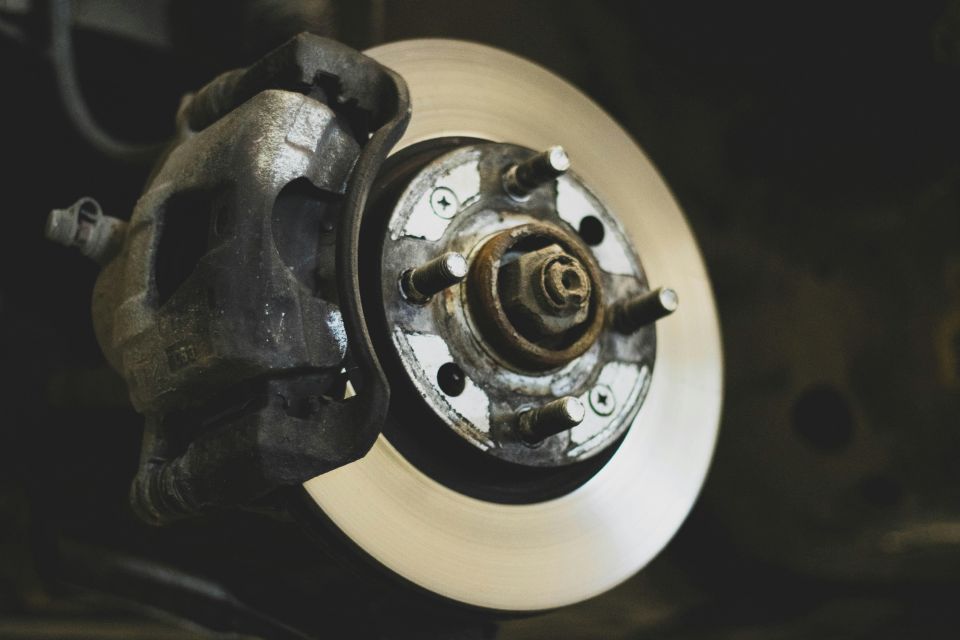
In some cases, the brake discs can be “machined” to bring them back to a workable standard, but replacing the discs as well as the pads is often a better option.
Replacing your brakes can be costly, but the expense is totally worthwhile. Remember, your brakes are the difference between stopping and crashing.
If you plan to replace just the brake pads, it could cost as little as $150. But replacing discs and pads is more likely to range between $300 and $500.
Don’t be surprised, though, if a workshop asks more than that, particularly if you drive a high-performance car with bigger brakes, or if you want a more performance-focused braking package for your car. That could easily cost in excess of $1000.
Not intended as legal advice. Check with the relevant roads authority in your state or territory.
Matt has more than a decade of experience in automotive journalism, and loves exploring the pros and cons of new cars, delving into deep-dive industry stories, and going for a drive just for the fun of it.


James Wong
6 Days Ago


James Wong
5 Days Ago
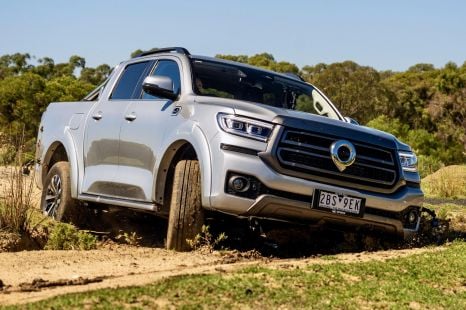

Max Davies
4 Days Ago


Josh Nevett
2 Days Ago
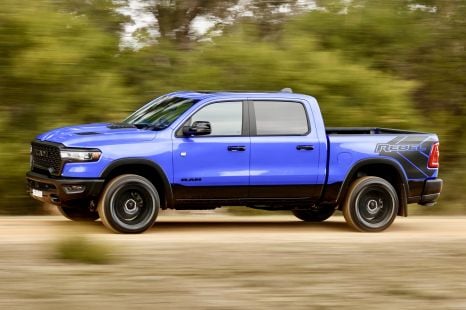

Max Davies
2 Days Ago


William Stopford
1 Day Ago